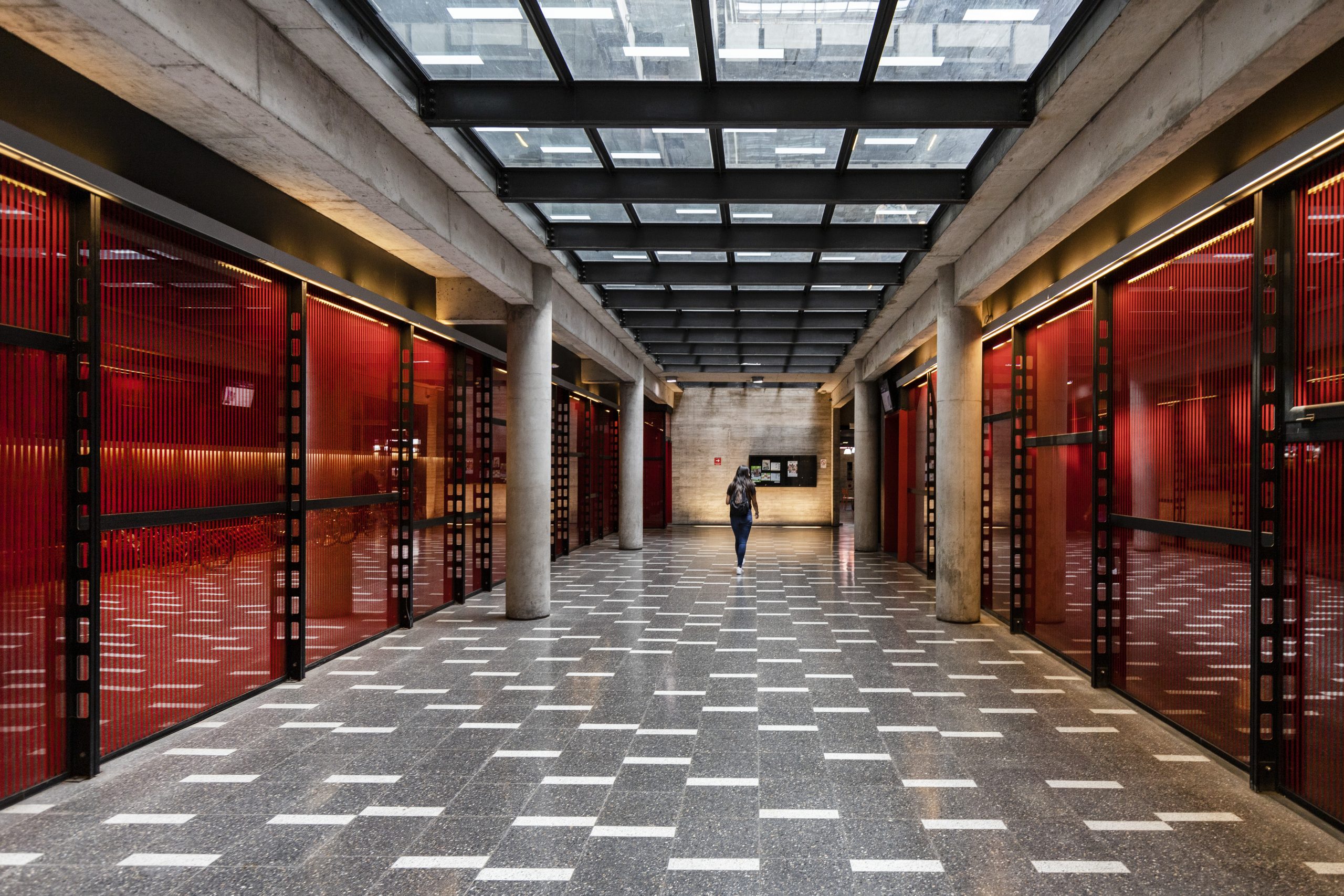News

April 28 and 29, 2021
Instituto de Filosofía – Santiago de Chile
The recent historiography of 19th-century philosophy has found reasons to call the period between 1860 and 1918 the “era of Neo-Kantianism”.[1] According to this new trend, the study of Neo-Kantian philosophy is necessary to fill a historiographic gap and rethink the classical divisions of 20th-century philosophy.
Neo-Kantian philosophy was one of the German academy’s dominant philosophical movements since the second half of the 19th century. Thanks to its dynamism, it determined the physiognomy of the philosophical directions characteristic of 20th-century philosophy. In this sense, recent studies in the history and sociology of philosophy have managed to demonstrate that Neo-Kantianism is the hidden origin of core concepts and problems of contemporary philosophy and, therefore, constitutes a worthy object of research. For this reason, a representative of this new historiography, Sebastian Luft, concludes that, from German idealism to phenomenology and beyond, “the Neo-Kantians are the great missing link in this historical trajectory.”[2] This fact has motivated the search for common roots of the analytical and continental traditions in Neo-Kantian philosophy and has allowed the demystification of the legitimizing narratives of the so-called ‘continental divide’.[3]
The study of Neo-Kantianism has also emphasized the intrinsic philosophical relevance of this tradition. Neo-Kantians are not merely forerunners. They produced substantial philosophical works oriented towards creating pioneering theories on subjectivity, the meaning of transcendental philosophy, the method of the historiography of philosophy, and the project of a philosophy of culture. Given this panorama, the present colloquium’s objective is to bring together specialists and scholars of Neo-Kantianism to present and discuss ongoing research on the philosophical antecedents of Neo-Kantianism, its diverse working methods, its relationship with other disciplines, and the possible projections of Neo-Kantianism in recent philosophical debates.
Themes:
– Historical background of Neo-Kantianism
– Neo-Kantian reception of the figures of the history of philosophy
– Neo-Kantian philosophy of sciences (mathematics, physics, history, sociology, psychology)
– Neo-Kantianism and philosophies of culture
– Projections of Neo-Kantianism in contemporary debates
Invited speakers:
Dr. Scott Edgar (Saint Mary’s University, Halifax)
Dr. Mario González Porta (Pontificia Universidad Católica de São Paulo)
Dr. Katherina Kinzel (Utrecht University)
Dr. Christian Krijnen (Vrije Universiteit Amsterdam, The Netherlands)
Dr. Sebastian Luft (Marquette University, USA)
Dr. Samantha Matherne (Harvard University)
Dr. Gregory Moss (The Chinese University of Hong Kong)
Dr. Roberto Redaelli (CENK – Friedrich-Alexander-Universität Erlangen-Nürnberg)
This colloquium is sponsored by the Study Group of Critical Idealism of the Institute of Philosophy at the Diego Portales University, by FILORED (Deutsch-lateinamerikanisches Forschungs- und Promotionsnetzwerk Philosophie), and by the Kantian Studies Group (Buenos Aires University).
Languages:
The languages of the event will be Spanish and English.
Format:
The conference will be conducted Online.
Date of submission of abstracts:
The deadline for submission is March 15th, 2021. We will inform notices of acceptance on March 30th, 2021. Presentations will be in the form of an abstract of 300 to 500 words and should be sent as a PDF document to the organizers. The presentations will have a maximum duration of 30 minutes with an additional 15 minutes for discussion.
Organizers:
Jacinto Paez ([email protected])
Nicolás Trujillo Osorio ([email protected])
[1] Sebastian Luft (Ed.): The Neo-Kantian Reader. London-New York: Routledge, 2015, p.xxi.
[2] Sebastian Luft (Ed.): The Neo-Kantian Reader. London-New York: Routledge, 2015, p.xxii.
[3] Mario Gonzalez Porta: “‘Zurück zu Kant’: (Adolf Trendelenburg, la superación del idealismo y los orígenes de la filosofía contemporánea)”, doispontos, 2 (2), 2005, p. 36.